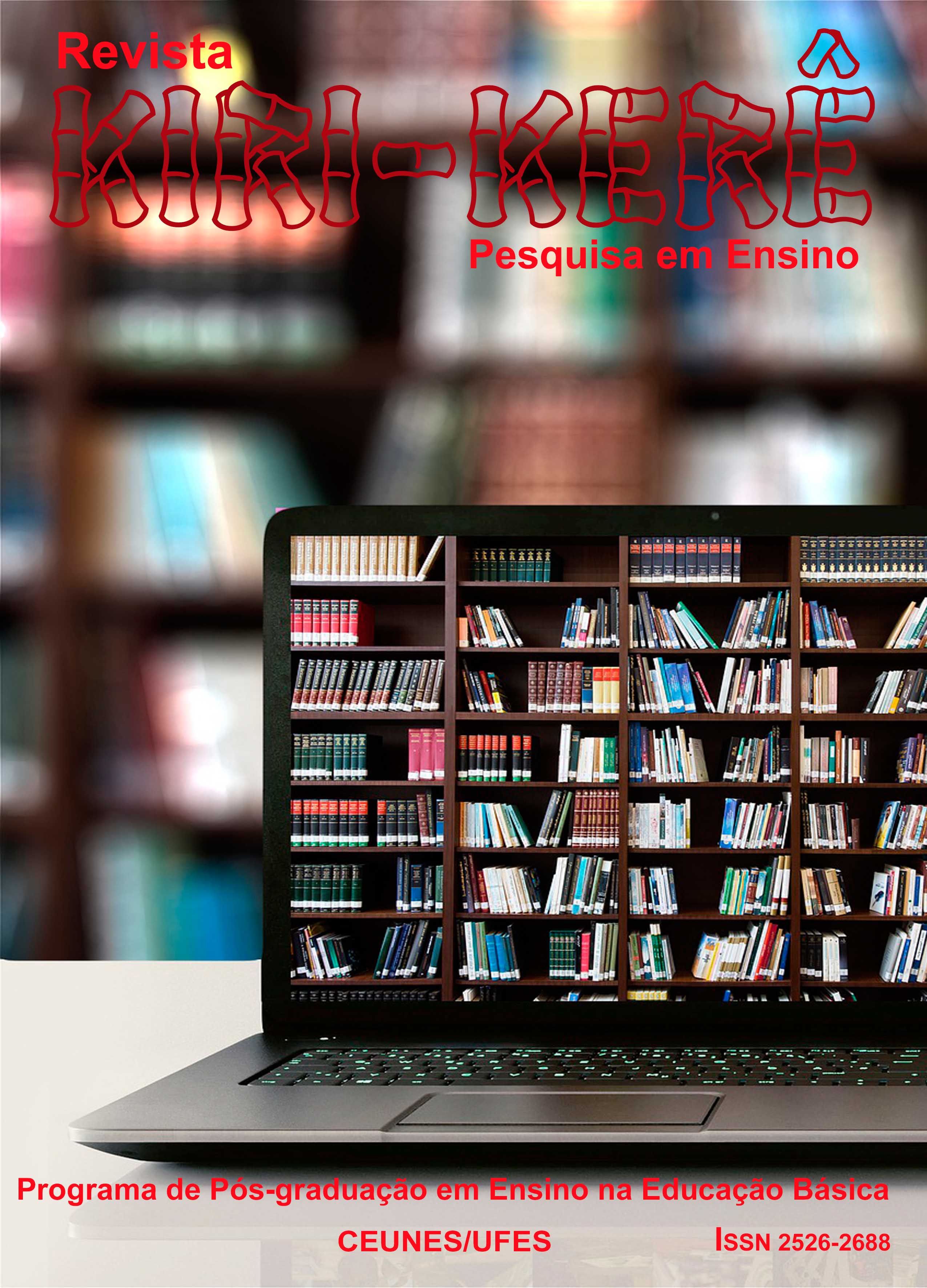Teacher training in distance education
challenges and potentialities in southern capixaba
DOI:
https://doi.org/10.47456/krkr.v1i11.33415Abstract
Recent research shows that higher distance education has been expanding rapidly in Brazil. In this context, a case study was carried out in order to analyze the possible contributions or challenges that the Licentiate Courses offered in the distance learning pole of the campus of Alegre, brought to the training of teachers in the region of Caparaó-ES, in the view of their students and graduates. The approach used is characterized as qualitative. The research subjects are students and graduates of four undergraduate courses offered by the pole of Alegre of UFES. For data collection, the use of bibliographic research, documentary research and semi-structured interviews is highlighted. The organization, analysis and discussion of the data was based on the triangulation technique, in which the data produced from these sources were read, compared, interpreted, aiming to categorize the information. Thus, four categories were built, named: Interaction between teacher, tutor and student; Courseware; Support infrastructure and Evaluation of teaching and learning. The results of the research signal the existence of challenges related to the absence of the teacher, lack of knowledge of the content by the tutors, outdated teaching material in the computer science degree course, impaired learning assessment, lack of materials for teaching practice and technological gap. In spite of this, the training of teachers trough distance education in pole of Alegre has contributed, among other things, to reduce inequality of opportunities, improve self-esteem, expand digital inclusion and access to public higher education.
Downloads
Downloads
Published
Issue
Section
License
The authors accept, when sending their works, the assignment of their copyrights.

